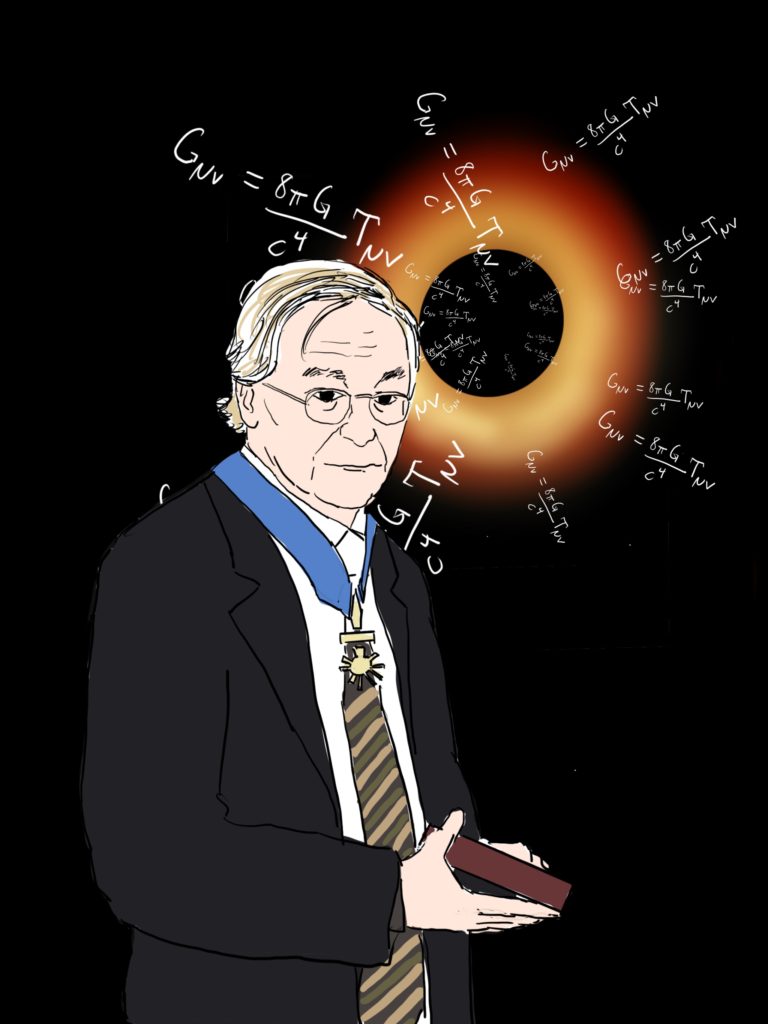
He was a man at the twilight of his life, having a conversation with a younger man, who himself was near the peak of his cognitive powers. The old man was reminiscing about his childhood, when he was the slowest child in his class. By “slow”, the old man was referring to how long it took him to solve math problems relative to his peers.
We associate intelligence with speed. When we were in grade school, we all noticed the child who arrived at the answer faster than anyone else in the classroom. We called that kid “smart”. Maybe you were that child. Conversely, there was always the kid who was behind everyone else, who took too much time answering the question or solving the problem—if he or she even answered the question at all within the time allotted. We would have called that kid “slow”. Maybe even “stupid”.
This old man, now in his 80s, remembered when he was the slowest by far. He needed so much extra time to complete the arithmetic lessons he had to work past his own period and well into the following periods. For some reason, his teacher saw some something in him and allowed him to do this.
The younger man asking questions was Brian Greene, a physicist at Columbia University, one of the primary proponents of superstring theory. That old man reminiscing was Roger Penrose. In fact, it’s “Sir” Roger Penrose. You can see the conversation here: https://youtu.be/7oCQuvhQY6o (jump to minute 30). He was knighted by the Queen of England for his service to science. He also won the Nobel Prize in physics last year for showing that Einstein’s theory of general relativity predicts the formation of black holes. In other words, the slowest kid in the class, the kid we would have labeled “stupid” if we were in the same class as he was, grew up to become a genius.
Einstein himself said the reason he was able develop the theory of relativity was because he was slow. He only started asking the silly questions that children ask when he was an adult, but by that time, he had the tools to actually answer the silly questions. Indeed, he only started speaking when he was five years old. Stephen Hawking only started reading when he was eight.
How much more could each of us have learned if we had been given the time? How much more would we understand if we gave ourselves time, instead of surrendering to our incessant addiction to speed?